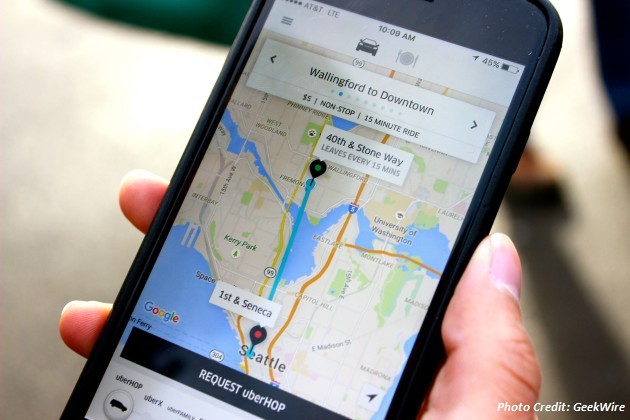Boeing machinists have been on strike for seven weeks. They will have a third chance to vote on a money-making deal Monday, Nov. 4, and leaders of the International Association of Machinists and Aerospace Workers (IAM) recommend that the 33,000 striking Boeing workers approve the new contract offer from the company.
The offer raises average annual pay for the workers to nearly $120,000. That’s a 38% general wage increase over four years, with a 13% bump in the first year. (Workers were demanding 40%.) The union says after factoring in compounding pay increases, the offer on the table works out to a 43.65% gain, Washington State Standard reports.
The company is also offering workers a bonus of $12,000, a 4-6% annual performance bonus, and a 100% match of the first 8% an employee contributes to a 401(k), with an automatic 4% company contribution. Boeing did not offer to revive a pension program it discontinued a decade ago and that has been a sticking point in Boeing-union negotiations.
“In every negotiation and strike, there is a point where we have extracted everything that we can in bargaining and by withholding our labor,” IAM District 751 said. “We are at that point now and risk a regressive or lesser offer in the future.”
Stay tuned. Striking workers have been pretty insistent that they’ll stay put as long as needed to get everything they want.
Boeing is badly bruised. It has raised about $21 billion by selling stock. It reported a third-quarter loss of $6.17 billion. In October, midstrike, it announced it would cut 10% of its workforce. Those were to take place over the coming months.
With other parts of the state economy threatened, politicians and business groups in the region have been urging resolution. This strike hasn’t been easy on any of those involved.
Pay for workers
The nearly two-month strike has been made a little better for striking workers. They are receiving $250 a week from their union to help meet basic needs. With about 33,000 strikers, that adds up to more than $8 million a week.
A union strike fund is exactly where these striking workers should be getting financial help. Such a fund is built with workers’ union dues.
Labor groups, however, would like the state’s employers to take on the role of paying workers who strike. Seriously.
They pushed House Bill 1893 last session. It would have removed a prohibition against striking workers from receiving unemployment insurance benefits. Never mind that the state’s Unemployment Insurance Trust Fund is funded by employers and meant to protect employees who lose work through no fault of their own (think an economic downturn or COVID-19 policies that shut down businesses).
The Association of Washington Business tells me the Employment Security Department (ESD) prepared estimates for a variety of scenarios for providing UI benefits to striking workers. One of the scenarios was actually for a strike of roughly 30,000 workers using Boeing's existing rate class and experience/social tax rate.
The ESD calculation showed that with 30,000 workers receiving the maximum weekly benefit, which is not unlikely for Boeing machinists, the amount of benefits paid per week would be about $30.6 million. Since the bill would allow for four weeks of collection, this would be more than a $120 million dollar hit to the fund.
Some of the lawmakers in favor of the proposal to pay striking workers argued the UI fund’s reserve was healthy enough to weather such a union favor. That’s debatable. How many strikes would the legislation have encouraged? And whether it can or can't survive becoming a strike fund, it shouldn’t. Doing so would weaken a fund other Washington workers count on, and it would force employers in the state to pay workers not to work.
This bad idea stayed in play the entire 2024 legislative session because it had a lot of support. A majority of Democratic lawmakers (51) were co-sponsors of the House bill and 21 legislators co-sponsored its companion bill, Senate Bill 5777. I’m not sure why on the last day of the session HB 1893 was returned to the House Rules Committee for a third reading.
No matter. Rep. Liz Berry, D-Seattle, told The Seattle Times in April that the measure has enough support to pass next session. “We’re going to get it done,” she said.
I hope that is no longer the case, now that lawmakers can see clearly the damage such a proposal could do to all Washington workers and businesses, even if they erroneously think employers should be forced to pay their strikers.
Washington state doesn’t have a reputation for being a bad place to do business for no reason. Add this effort to the other reasons that a survey found Washington is one of the most difficult places to run a business: It ranked 46 out of 50 states.






